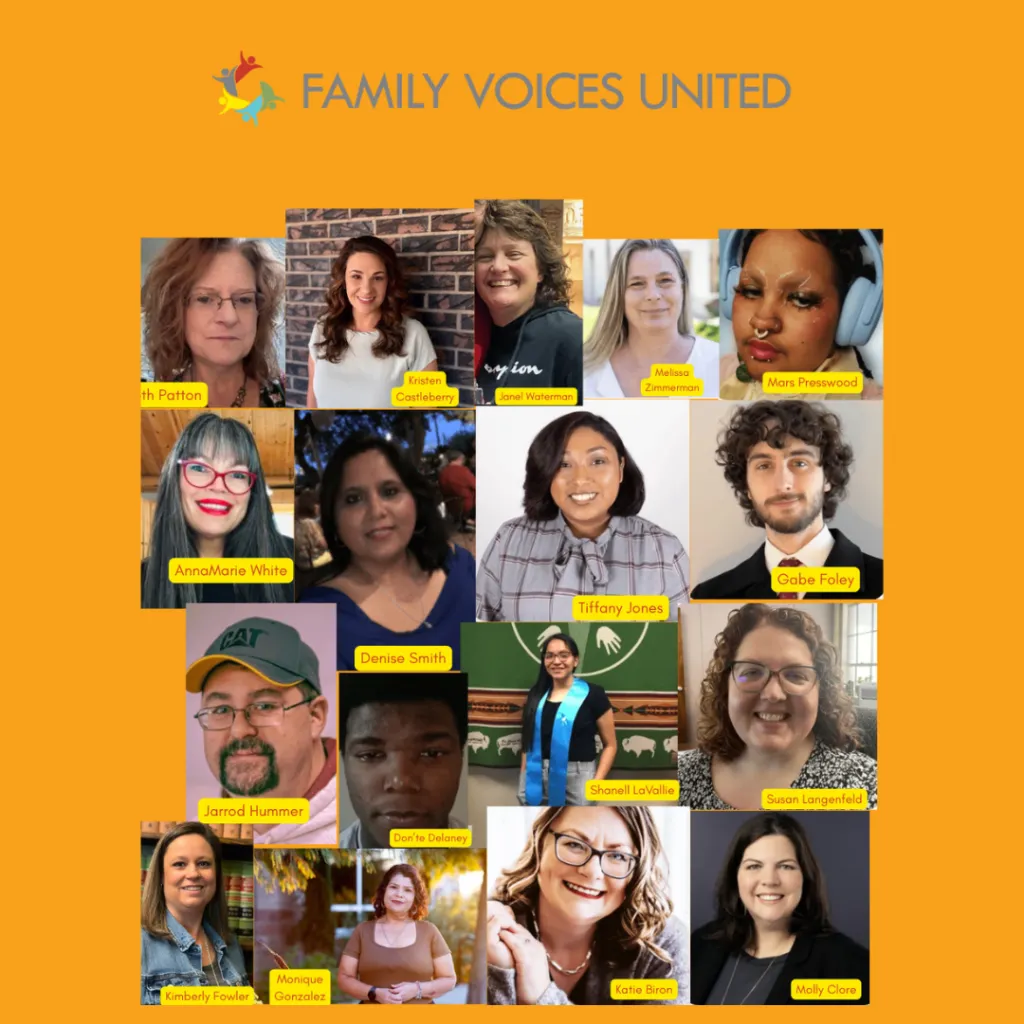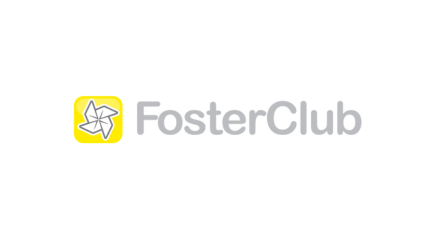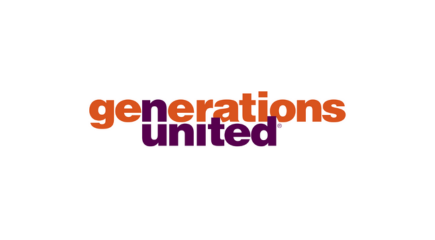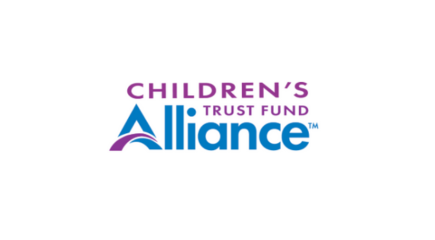The Future of Care: Medicaid and Medicare Through Family Voices Webinar

Real Voices, Real Care
Over 100 people joined "The Future of Care: Medicaid and Medicare Through Family Voices" Webinar — a powerful conversation hosted by Family Voices United and moderated by Lived Experience Leader, Gabe Foley, who spent 18 years in the Illinois Foster Care System.
Attendees included foster parents, kinship caregivers, youth who experienced foster care, and child welfare partners, who shared with the panelists how Medicaid and Medicare are more than programs — they are lifelines that keep families connected to health, stability, and opportunity.
“Families shouldn’t lose their coverage because the process is confusing or takes too long. It should be simple to keep the care you need.” — Kathy Coleman, Kinship Caregiver, Louisiana
Engaged Conversations, Powerful Polls
The event was filled with interaction, energy, and shared experiences. Attendees engaged through live poll questions on topics like:
- How Medicaid and Medicare impact everyday life
- Barriers families face when accessing care
- Concerns about the future of these programs
When asked what mattered most, “access to care” and “affordability” topped the list. These themes echoed across lived experience stories throughout the session.
“Medicaid is the only reason many children can finally see a doctor, get glasses, or attend therapy after years of unmet needs.” — Molly Clore, Resource/Adoptive Parent, Florida
Lived Experience in Action
The discussion highlighted how Medicaid and Medicare support families across every stage of the child welfare journey.
Don'te Delaney, who spent 7 years in foster care in New York, shared how Medicaid coverage for prescriptions helped him avoid overwhelming medical debt.
Monique Gonzalez, a parent from Texas, described how her family faced difficult choices between “health care or groceries,” showing how affordability can directly impact basic needs.
Beth Patton, a kinship caregiver from Kansas, reminded everyone that Medicaid made it possible for her to adopt her grandchildren after years of therapy and hospitalization costs.
These personal stories turned data into lived truth and showed why protecting and improving access matters for every family.
Building Safe and Inclusive Systems
Speakers also discussed the importance of inclusive care that meets the needs of all young people, including youth in foster care. Medicaid and Medicare can help create safe spaces by funding affirming mental health care, accessible counseling, and community supports.
“Without Medicare, I would have been about $20,000 in debt. I haven’t always had coverage, so I know what it’s like to go without. Having care when I needed it saved my life and gave me the chance to keep moving forward.” — Mars Presswood, 3 years in foster care in Indiana
Shared Vision for the Future
The conversation closed with a shared message of hope and advocacy.
“Sustaining Medicaid and Medicare coverage is not just a policy issue. It’s a lifeline that helps families like mine provide the stability, support, and hope our children deserve.” — Susan Langenfeld, Resource/Adoptive New York
The Family Voices United community continues to work toward a future where access to care is simple, inclusive, and equitable — no matter where families live or who they are.
Reflect & Stay Connected
Many participants left the event asking thoughtful questions about what comes next. Here’s how you can take what you learned and stay involved:
What do I do with what I just learned?
Use your voice. Share what you heard in your community, with local leaders, or on social media. Every story shared helps others understand why Medicaid and Medicare matter for families, youth, and caregivers.
How do I stay connected to this community?
Join the Family Voices United e-list, follow us on social media, and keep an eye out for upcoming webinars and discussions. This community is built on connection — and your voice makes it stronger.
Did my participation matter?
Yes! Every attendee, comment, and poll response added to a national conversation about care and inclusion. Your experiences help guide the work ahead and ensure that real family voices continue to shape the future of care.
How You Can Show Support
✔️ Stay informed. Learn how Medicaid and Medicare affect foster care, kinship, and LGBTQIA+ youth.
✔️ Advocate for access. Speak up for easier enrollment and renewal processes.
✔️ Create safe spaces. Use inclusive language and affirming care in your community.
✔️ Share stories. Amplify the lived experiences of foster parents, youth, and caregivers.
Explore Resources
To keep learning and take action, explore our full list of Medicaid and Medicare family resources here:
View the Resource Guide.
Follow @FamilyVoicesUnited on Instagram, Facebook and X, and share this blog to help ensure every family can access the care they deserve.



